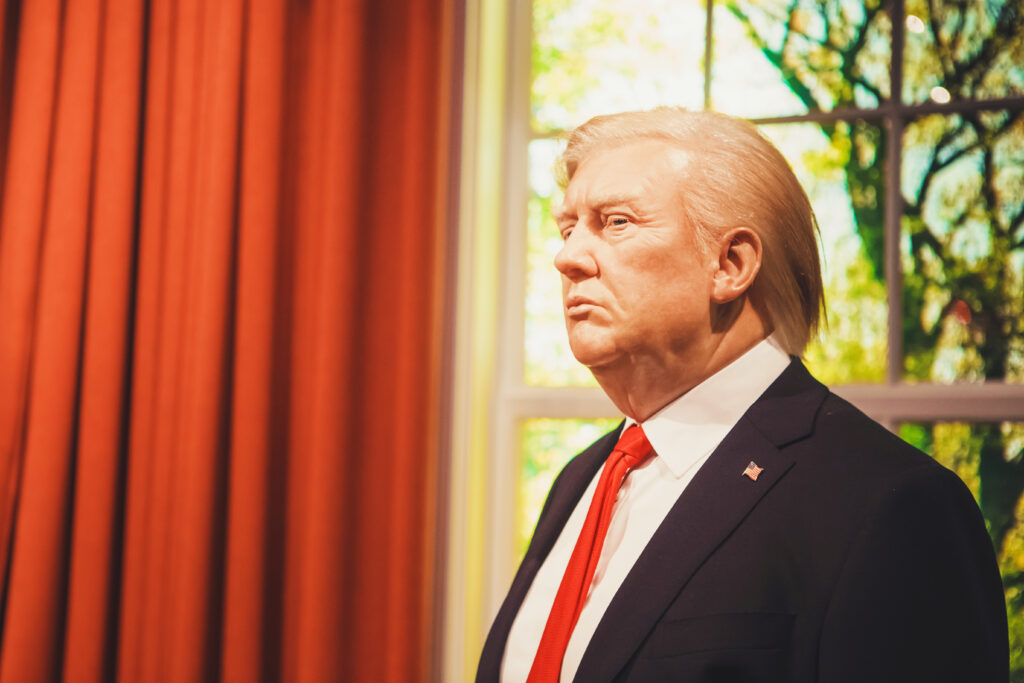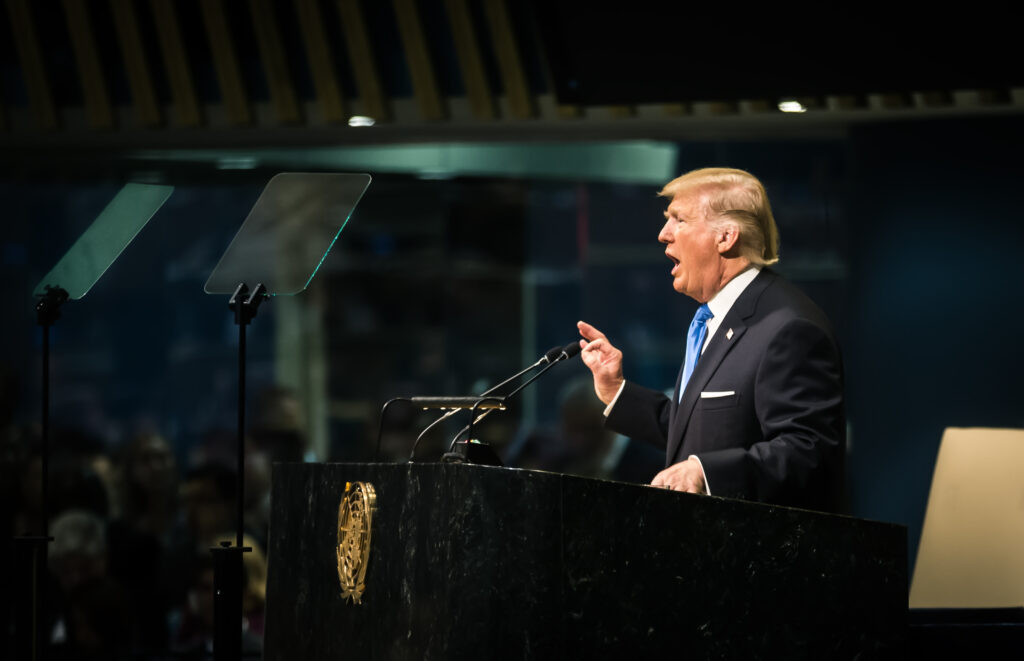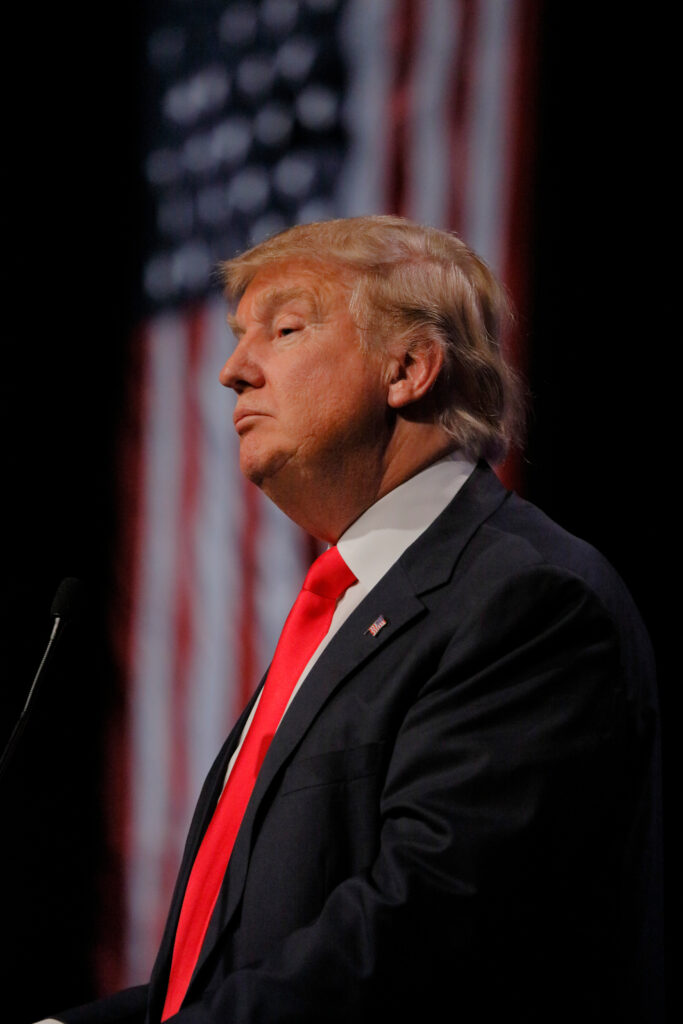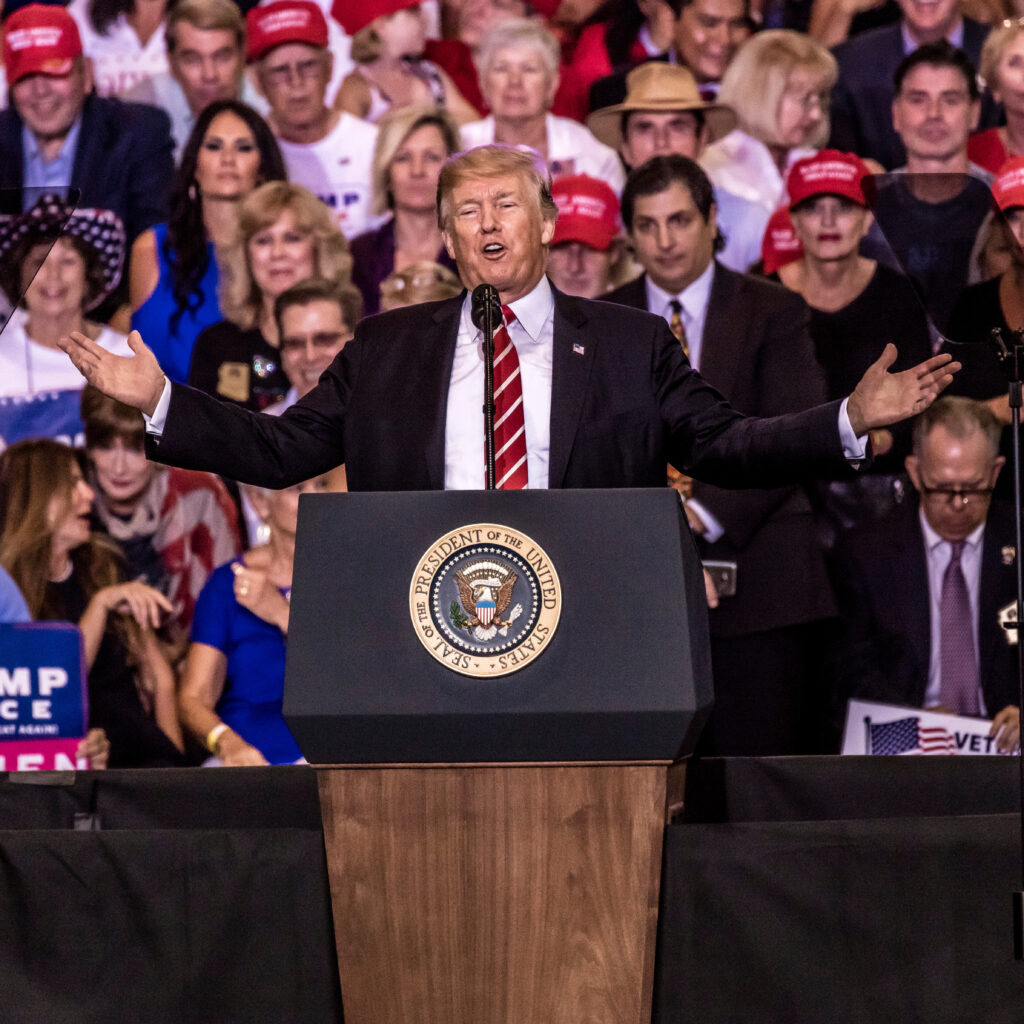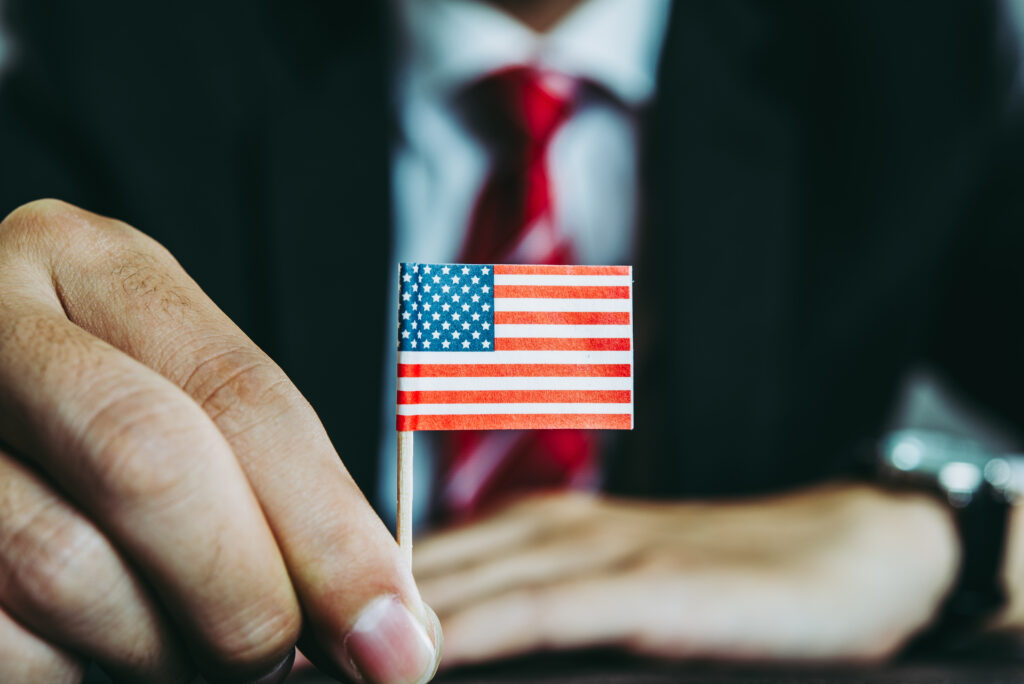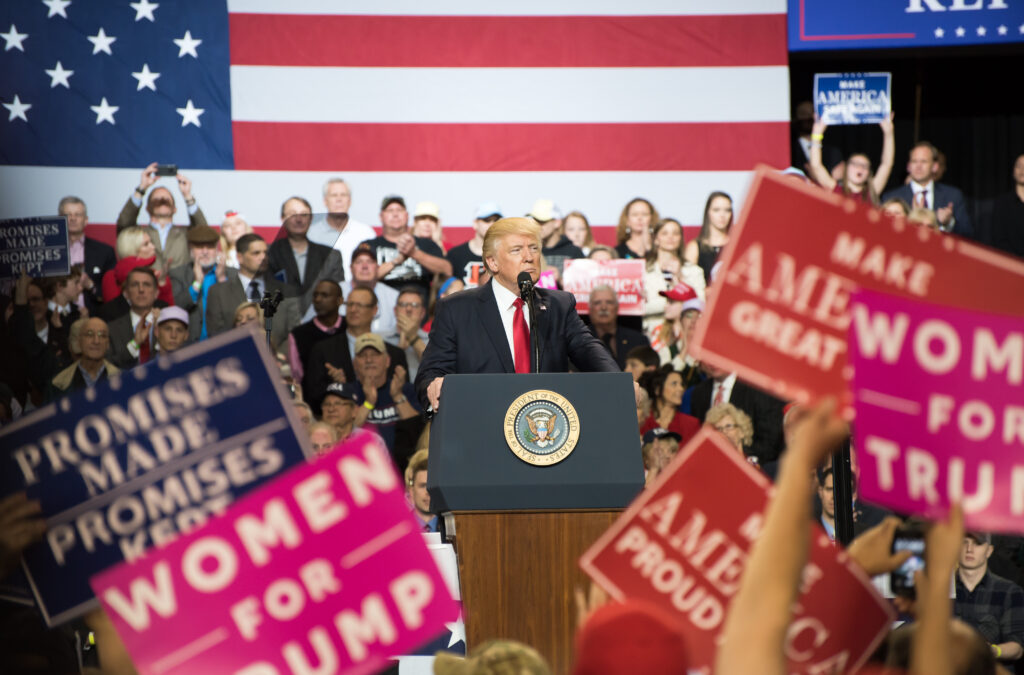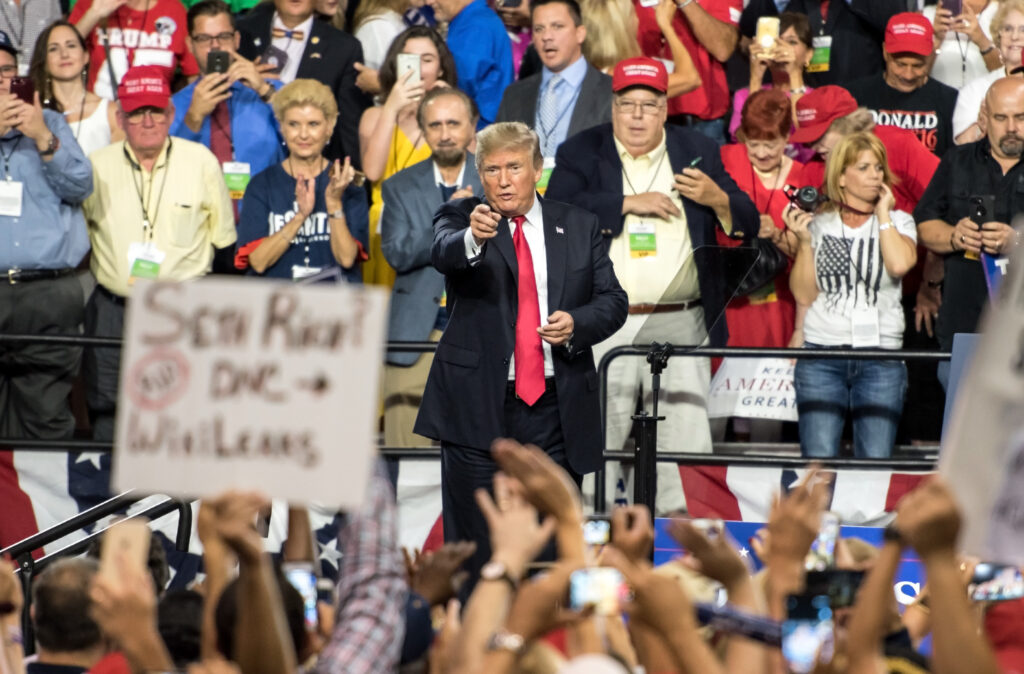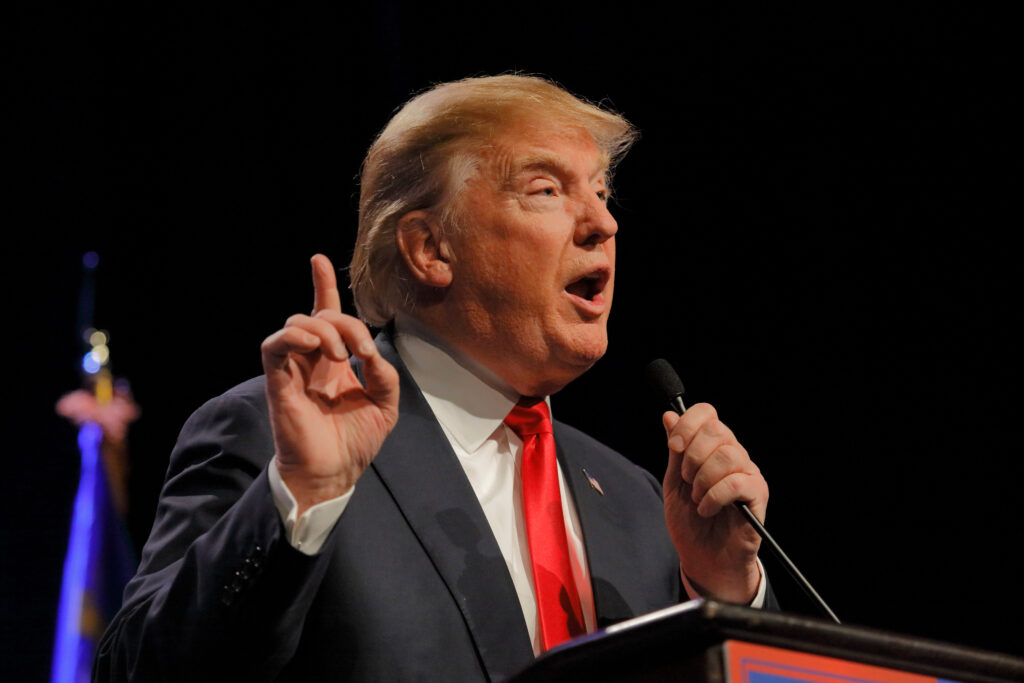In the annals of American presidential history, Donald Trump’s tenure as the 45th President stands out not just for his unorthodox approach to governance but also for his status as a billionaire. His substantial wealth, built on real estate, branding, and entertainment ventures, has undeniably shaped his political persona, policy decisions, and the way he interacts with both supporters and detractors. This article delves into the multifaceted influence of Trump’s wealth on his politics, exploring how it has impacted his approach to governance, policy priorities, and public perception.
Trump’s Business Background
Before his presidency, Trump was a well-known figure in the real estate industry. His company, the Trump Organization, owns, operates, and develops hotels, resorts, residential towers, and golf courses around the world. This business background has influenced his approach to politics, often viewing issues through the lens of a businessman rather than a traditional politician.
The Persona of Wealth
Trump’s wealth has always been central to his public persona, even before his political ascent. It bolstered his image as an outsider capable of shaking up the political establishment.
By portraying himself as a self-made magnate who owes nothing to the political elite or special interest groups, Trump tapped into a vein of populist sentiment, arguing that he was uniquely positioned to “drain the swamp” because of his financial independence. This narrative played a crucial role in his appeal to voters frustrated with what they saw as a corrupt and out-of-touch political class, helping to catapult him into the White House.
Financial Independence and Political Leverage
Trump’s wealth has afforded him a degree of political independence unusual for a modern president. By largely self-funding his 2016 campaign, he minimized reliance on traditional donor networks and political action committees, claiming this freed him to pursue an agenda unencumbered by the expectations of financial backers.
This approach has reshaped the dynamics of political fundraising and candidate sponsorship, suggesting a model in which personal wealth could, theoretically, reduce a politician’s susceptibility to outside influence. However, it also raises concerns about the democratic process and the potential for wealth to grant disproportionate political power.
Policy Priorities and Business Interests
The intersection of Trump’s wealth and his policy decisions has been a point of significant scrutiny and debate. Critics argue that his tax reforms, deregulation efforts, and foreign trade policies have disproportionately favored the wealthy, including industries in which he has held interests.
Conversely, supporters contend that these policies reflect broader Republican principles of economic freedom and are designed to stimulate growth and job creation. The debate over these policies underscores the complex interplay between Trump’s business background and his political agenda, raising questions about the balance between personal interests and public service
Public Perception and the Wealthy Politician
The billionaire status of Trump has had a dual effect on public perception. For some, it reinforces his image as a successful businessman who knows how to get results, suggesting that he can apply the principles of business success to the running of a country.
For others, it epitomizes the divide between the elite and ordinary Americans, with critics arguing that a billionaire cannot truly understand or represent the interests of the average voter. This divide is reflective of broader societal debates about wealth inequality and the role of money in politics, making Trump’s presidency a focal point for discussions about the intersection of wealth and governance.
The Global Stage and Diplomatic Relations
On the international front, Trump’s dealings as a businessman have influenced his approach to diplomacy and foreign policy. His emphasis on negotiation, deal-making, and a transactional view of international relations has been attributed to his business background.
Trump’s wealth and the global reach of his enterprises have also raised questions about conflicts of interest and the potential for business considerations to impact diplomatic decisions. These concerns highlight the challenges of navigating the interconnections between personal wealth and public office in an increasingly interconnected world.
Personal Wealth Can Impact Politics
Donald Trump’s presidency has underscored the significant impact that personal wealth can have on politics. From shaping public persona and policy priorities to altering the dynamics of political independence and public perception,
Trump’s billionaire status has been both a tool and a topic of contention. As America continues to grapple with the role of wealth in governance, Trump’s tenure offers a case study of the complexities of balancing business success with the responsibilities of public service. Whether viewed as a positive force for change or a symbol of the challenges facing American democracy, the influence of Trump’s wealth on his politics is an undeniable aspect of his political legacy.
Read More
- Must-See Political Trends: 10 Astonishing Developments for the Next Presidential Election
- The Rise of Underdogs: 8 Surprising Boosts for Third-Party Presidential Hopefuls


